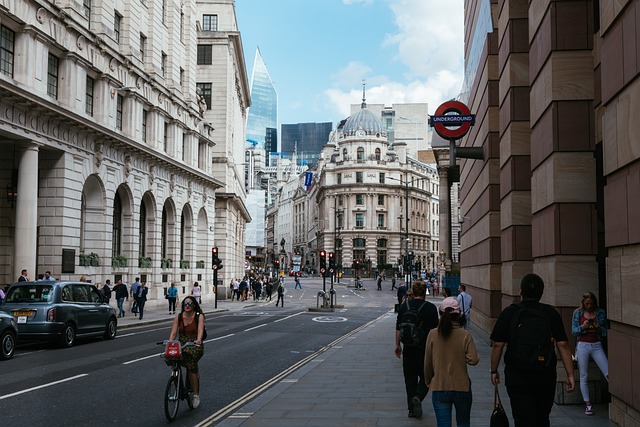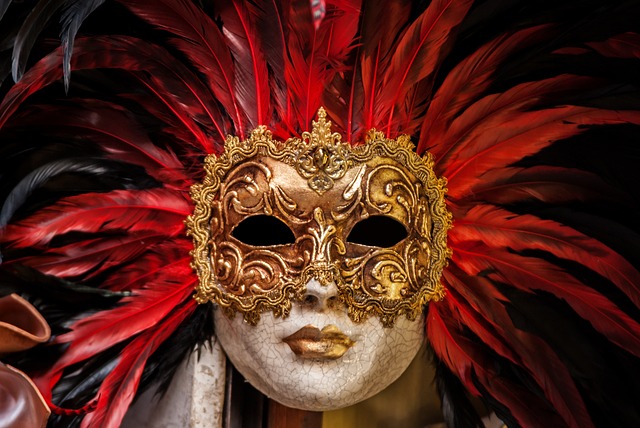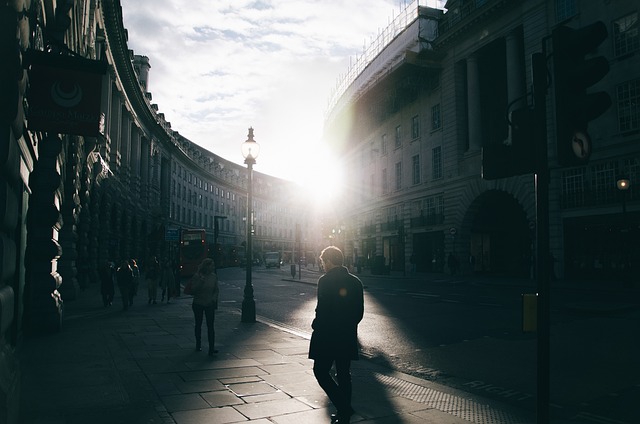British Multiculturalism and Diversity: A Celebration of Cultures and Communities

The United Kingdom is a vibrant tapestry of cultures, ethnicities, and traditions, shaped by centuries of migration, colonialism, and globalization. British multiculturalism is a defining feature of modern society, enriching the nation’s cultural, social, and economic landscape. From its diverse cuisine and festivals to its inclusive policies and thriving communities, the UK stands as a testament to the power of diversity. This article explores the history, impact, and significance of multiculturalism and diversity in Britain.
1. Historical Roots of British Multiculturalism
Colonial Legacy
- Overview: The British Empire spanned the globe, bringing people from colonies and Commonwealth nations to the UK. Post-World War II labor shortages led to significant migration from the Caribbean, South Asia, and Africa.
- Windrush Generation: The arrival of the SS Empire Windrush in 1948 marked the beginning of large-scale Caribbean migration to Britain, shaping modern multiculturalism.
Post-War Migration
- South Asian Communities: Migrants from India, Pakistan, and Bangladesh arrived in the 1950s and 1960s, contributing to the growth of vibrant communities.
- African and Eastern European Migration: More recent waves of migration from Africa and Eastern Europe have further diversified British society.
Significance: These historical movements laid the foundation for the UK’s multicultural identity.
2. Cultural Contributions
Cuisine
- Indian and South Asian Food: Dishes like chicken tikka masala and samosas have become British staples.
- Caribbean Cuisine: Jerk chicken, patties, and roti are popular across the UK.
- Global Flavors: The UK’s food scene is enriched by Middle Eastern, African, and East Asian cuisines.
Festivals and Celebrations
- Notting Hill Carnival: Europe’s largest street festival, celebrating Caribbean culture with music, dance, and vibrant costumes.
- Diwali: The Hindu Festival of Lights is celebrated with enthusiasm in cities like Leicester and London.
- Chinese New Year: Festivities in Chinatowns across the UK, particularly in London and Manchester.
Significance: These cultural contributions highlight the richness and diversity of British society.
3. Arts and Media
Literature
- Authors: Writers like Zadie Smith, Salman Rushdie, and Andrea Levy explore themes of identity, migration, and multiculturalism.
- Publishers: Independent publishers like Peepal Tree Press promote diverse voices in literature.
Music
- Grime and Hip-Hop: Artists like Stormzy and Skepta have brought Black British culture to the forefront of the music scene.
- Bhangra and Bollywood: South Asian music genres have a strong presence in the UK.
Film and Television
- Movies: Films like “Bend It Like Beckham” and “Slumdog Millionaire” reflect multicultural themes.
- TV Shows: Programs like “Doctor Who” and “Top Boy” feature diverse casts and storylines.
Significance: The arts and media play a crucial role in representing and celebrating Britain’s diversity.
4. Social and Political Impact
Inclusive Policies
- Equality Act 2010: Protects individuals from discrimination based on race, religion, and other characteristics.
- Multicultural Education: Schools promote diversity through curricula that include Black history, world religions, and global perspectives.
Political Representation
- Diverse Leaders: Figures like Sadiq Khan, the Mayor of London, and Priti Patel, the Home Secretary, reflect the growing representation of ethnic minorities in politics.
- Community Organizations: Groups like the Runnymede Trust and Operation Black Vote advocate for racial equality and representation.
Significance: Inclusive policies and representation are essential for fostering a fair and equitable society.
5. Challenges and Controversies
Racism and Discrimination
- Overview: Despite progress, racism and discrimination remain challenges, as highlighted by the Windrush scandal and the Black Lives Matter movement.
- Responses: Increased awareness and activism are driving efforts to address systemic racism and promote social justice.
Integration and Identity
- Debates: Discussions around integration, national identity, and multiculturalism continue to shape public discourse.
- Community Cohesion: Initiatives to promote understanding and cooperation between different communities are crucial for social harmony.
Significance: Addressing these challenges is vital for building a truly inclusive society.
6. Economic Contributions
Workforce Diversity
- Overview: Migrants and ethnic minorities contribute significantly to the UK economy, particularly in healthcare, education, and technology.
- Entrepreneurship: Diverse communities have established thriving businesses, from corner shops to tech startups.
Cultural Industries
- Overview: The creative industries, including fashion, music, and film, benefit from the talents and perspectives of diverse communities.
- Global Influence: British multiculturalism enhances the UK’s global appeal and soft power.
Significance: Diversity drives innovation and economic growth, making the UK a dynamic and competitive nation.
7. Celebrating Multiculturalism
National Events
- Black History Month: Celebrated every October, highlighting the contributions of Black Britons.
- Refugee Week: Promotes understanding and support for refugees and asylum seekers.
Local Initiatives
- Community Festivals: Events like the Manchester Caribbean Carnival and the Birmingham Mela celebrate cultural diversity.
- Interfaith Dialogues: Programs that foster understanding and cooperation between different religious communities.
Significance: These celebrations and initiatives promote unity and appreciation for Britain’s multicultural heritage.



